Description
GLICLAZIDE (DYAZIDE) (DIAZIDE)
Gliclazide Information
Gliclazide is an Antidiabetic drug, being generically called sulfonylureas (because it belongs to a class of sulfonylurea antidiabetic agents).
Gliclazide Indications
Gliclazide is a type of drug that is mostly used in the treatment of a type of diabetes mellitus (commonly known as type 2 diabetes). However, Gliclazide can also serve other purposes besides the one previously mentioned here.
Gliclazide Warnings
If you suffer from an allergy to Gliclazide or to any of its ingredients, it is advisable that you consult your doctor before starting a treatment with Gliclazide.
Gliclazide can have harmful effects on an unborn baby. Therefore it is best that you should ask for your doctor’s opinion regarding whether you should start the treatment or not if you are pregnant or are planning to be soon.
Because it has not been determined with certainty whether Gliclazide is able to pass into breast milk it is not known for sure if it is able to cause harm to any nursing infant. If you are nursing your child, it is best that you should talk to your doctor before you start a Gliclazide treatment.
Elderly patients have been reported to be far more sensitive to Gliclazide than younger adults. You must consult with your doctor before starting a Gliclazide treatment.
Gliclazide Intake Guidelines
Follow the exact direction given to you by your doctor. In case you did not understand the instructions, do not hesitate to ask your doctor, pharmacist, or nurse for further explanations. However it is best that you follow your doctor’s prescription regarding the Gliclazide dosage that you should take. It is best that you ask your doctor about any additional suggestions: dieting, exercising, blood sugar level testing, dosage adjusting, etc.
Gliclazide Dosage
You can obtain the correct dosage of Gliclazide either from your own doctor or from the label. It is possible that the dose of Gliclazide that your doctor prescribes you is different from the one on the drug’s label. In this case, it is advisable that you follow your doctor’s treatment and not the one on the label. The Gliclazide dose varies from one person to another because the correct dose depends on the age of the patient, on its condition, etc.
Gliclazide Overdose
If you think you are suffering from Gliclazide overdose, you should seek medical attention immediately or inform your personal doctor right away.
Gliclazide Missed Dose
If you happen to miss one dose of Gliclazide it is advisable that you should take it as soon as you remember it. If it is about time for another dose of Gliclazide you should skip the dose that you have missed and continue with your regular schedule. You should not take a double dose of this drug unless it was recommended by your doctor.
Gliclazide Side Effects
Gliclazide has some rare side effects like seizure, convulsion, unconsciousness, skin peeling, high skin sensitivity or skin redness, rash, itching, difficulty in focusing your eyes, etc. If you are experiencing at least one of these side effects you are in need for immediate medical attention.
Among Gliclazide’s more common side effects are the ones determined by low blood sugar : anxiety, nausea, nightmares, confusion, nervousness, blurred vision, cold sweats, restless sleep, regular headaches, pale and cool skin, difficulty in focusing, changes in appetite (excessive hunger) , shakiness, heartburn, diarrhea, stomach pain, discomfort or fullness, constipation, dizziness, frequent urination, vomiting, changes in taste, unusual weight gain. If you are experiencing at least one of these side effects you are in need for immediate medical attention.
Other very rare side effects of this drug are bloody coughing, chills, darker urine, increased sweating, lighter-coloured stools, breath shortness, pale or thin skin, sore throat, fever, abnormal tiredness or weakness, unusual bruising or bleeding, chestpain, feeling of illness, increased amounts of sputumm etc, If you are experiencing at least one of these side effects you are in need for immediate medical attention.
Gliclazide has some other side effects that have not been mentioned here, but which can occur nevertheless. You should consult with your doctor if you experience any unpleasant or unusual symptoms during or after the treatment.
Gliclazide Drug Reactions
You should ask for your doctor’s opinion whether you should start a Gliclazide treatment if you are taking alcohol or any other of these types of drugs: anticoagulants; salicylates (aspirin); azole antifungals (fluconazole), cimetidine, chloramphenicol, fluouroquinolones (enoxacin, lomefloxacin, norfloxacin ,or ofloxacin), quinidine; ranitidine, quinine; lithium, asparaginase; corticosteroids; medicines for asthma, thiazide diuretics; cold or cough medicines; allergy or hay fever medicines; beta-adrenergic blocking agents (atenolol, betaxolol, bisoprolol, carteolol, labetalol, metoprolol, nadolol, oxprenolol, penbutolol, and pindolol) cyclosporine; guanethidine; monoamine oxidase (isocarboxazid, phenelzine, procarbazine, selegiline, and tranylcypromine) pentamidine, octreotide. Your physician might adjust the dosage of Gliclazide that you should take or he might require you special monitoring of certain factors during the Gliclazide treatment.
Buy Gliclazide
In some countries GLICLAZIDE may also be known as: Cadicon, Diabeside, Diamicron, Glycemirex, Medoclazide, Serviclazide, Sun-Glizide, Ziclin, Aglucide, Unava, Nidem, Uni Diamicron, Dianormax, Diabrezide, Diaprel, CP-Gliz, Diamitex, Dianorm, Glyzyl, Licla, Marclazide, Qualizide, Suclear, Gluctam, Glygard, Lycazid, Semi-Glycigon, Dramion, Cronemet, Galtes, Dianid, Melicron, Reclide, Uni Diamicron, Ziclin, Betanorm, Glumikron, Oramikron, Diaglyk, Glidan

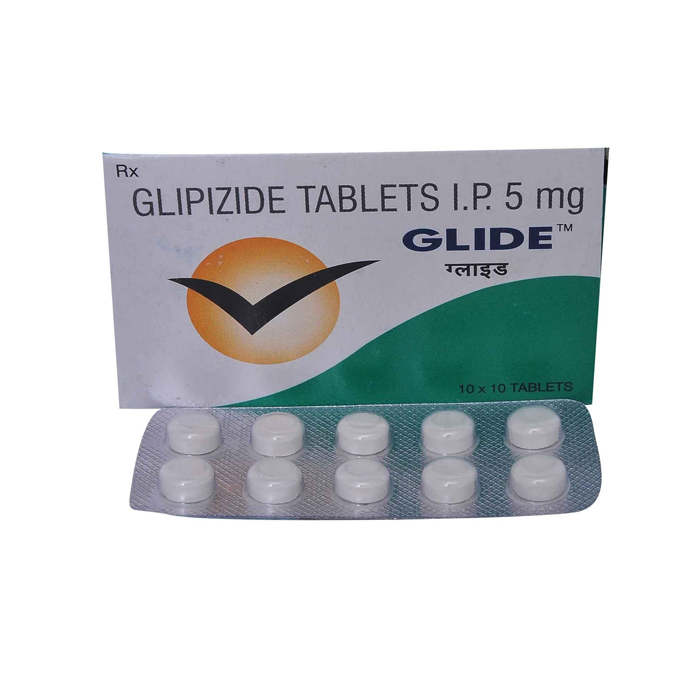
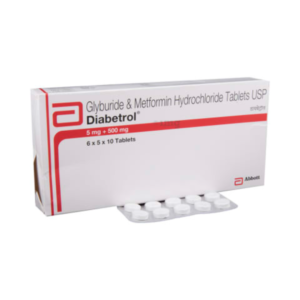
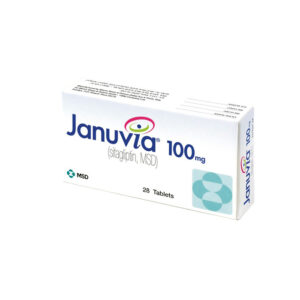
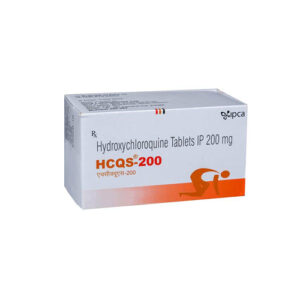
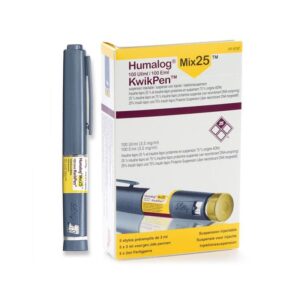
Reviews
There are no reviews yet.